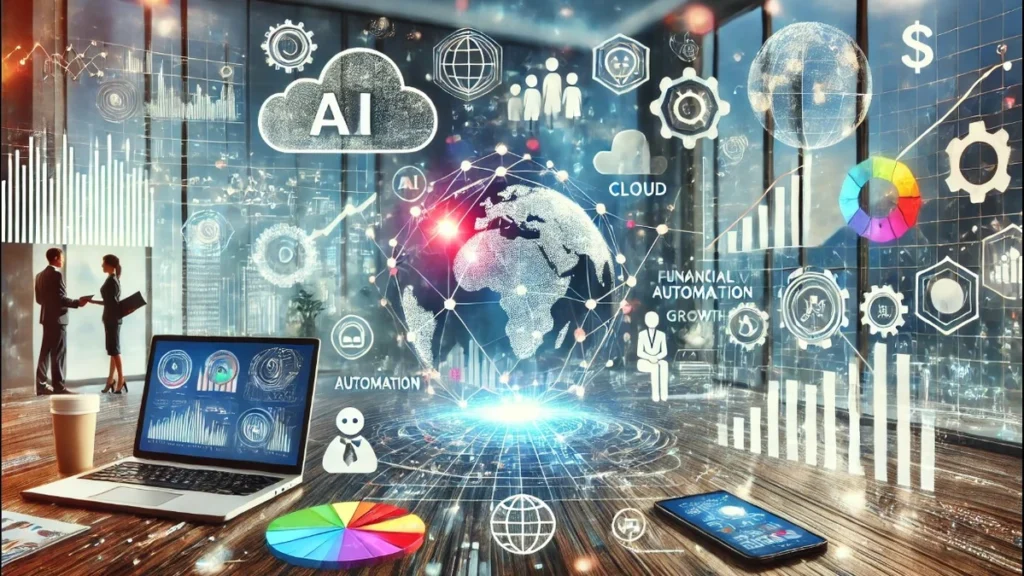In the ever-evolving world of the internet, YouTube stands as one of the most influential platforms, reshaping how people consume and create content. Launched in 2005 by three former PayPal employees—Chad Hurley, Steve Chen, and Jawed Karim—YouTube started as a simple video-sharing website. Today, it has become a massive global entity, influencing not only the way we communicate but also how businesses, creators, and everyday users engage with digital content.

The Rise of User-Generated Content
One of YouTube’s most revolutionary impacts has been the rise of user-generated content (UGC). Before platforms like YouTube, the internet was largely dominated by large media companies controlling the distribution of content. Traditional television and radio networks were the gatekeepers of what people could watch or listen to. YouTube democratized this landscape, allowing anyone with a camera or smartphone to upload videos and reach a global audience.
From cooking tutorials to vlogs, from educational content to gaming streams, YouTube became a space where virtually anyone could become a creator. The ease of access, combined with the platform’s sophisticated algorithms that recommend videos based on individual interests, has made it easier for both niche and mainstream creators to find an audience.
YouTube’s Role in Shaping Culture
YouTube has played a pivotal role in shaping modern digital culture. The platform has given rise to new genres of entertainment, such as unboxing videos, reaction videos, and Let’s Play gaming streams. Many viral trends, challenges, and memes started on YouTube and spread across social media, influencing mainstream media in the process. Creators on YouTube have also built communities around shared interests, making it a space not only for entertainment but also for connection.

In addition to content creators, YouTube has allowed brands and influencers to shape culture. YouTube influencers—individuals with large, engaged followings—have become integral in marketing, often being more effective than traditional celebrities. A well-timed collaboration between a brand and a popular YouTube personality can have a significant impact on a product’s success.
YouTube as a Business Tool
Beyond entertainment, YouTube has become an essential tool for businesses. Companies use the platform for everything from product demonstrations and customer testimonials to behind-the-scenes looks and brand storytelling. It offers brands the opportunity to connect directly with consumers in an authentic, engaging way.
Additionally, YouTube has become a go-to resource for educational content. Channels focused on “how-to” videos, tutorials, and expert advice span a wide range of industries, from technology to beauty, cooking, fitness, and even DIY home repairs. The platform has transformed how people learn new skills, with many preferring online videos over traditional educational methods.
Monetization and the YouTube Economy
Perhaps one of the most significant ways YouTube has impacted the digital landscape is through monetization. The platform offers creators multiple revenue streams, primarily through ad revenue, channel memberships, super chats, and brand partnerships. For some creators, YouTube has become a full-time profession, where they can earn a living by producing content for their audiences.
This monetization model has also led to the growth of a new “creator economy.” In addition to the income generated through YouTube itself, many creators have expanded into other revenue channels, including sponsored content, merchandise sales, and even subscription services like Patreon. The idea of earning money from the content one produces is a paradigm shift in how people think about work and entrepreneurship in the digital age.

The Future of YouTube
As we look to the future, YouTube’s impact on digital culture is only expected to grow. The platform continually evolves to accommodate new forms of media, including live-streaming and Shorts (YouTube’s answer to TikTok). Virtual reality (VR) and 360-degree videos are also likely to become more integrated into the platform, providing even more immersive experiences for users.
One of the most exciting developments is YouTube’s increasing focus on AI and machine learning. With its ability to personalize content recommendations and improve user engagement, AI is set to revolutionize the platform even further, enabling creators to better connect with their audiences while making content discovery even more intuitive.
However, YouTube also faces challenges, particularly around content moderation, misinformation, and user privacy. As the platform grows, it will need to balance freedom of expression with responsible content oversight. Striking the right balance between innovation and ethical responsibility will be key to YouTube’s long-term success.
Conclusion
In just under two decades, YouTube has transformed the digital landscape, creating a new ecosystem of content creation, consumption, and monetization. As a platform, it has empowered individuals to share their stories, shaped global culture, and introduced new ways for businesses and creators to connect with audiences. Looking forward, YouTube will continue to evolve, influencing how we interact with content, learn, and engage with each other in the digital world.